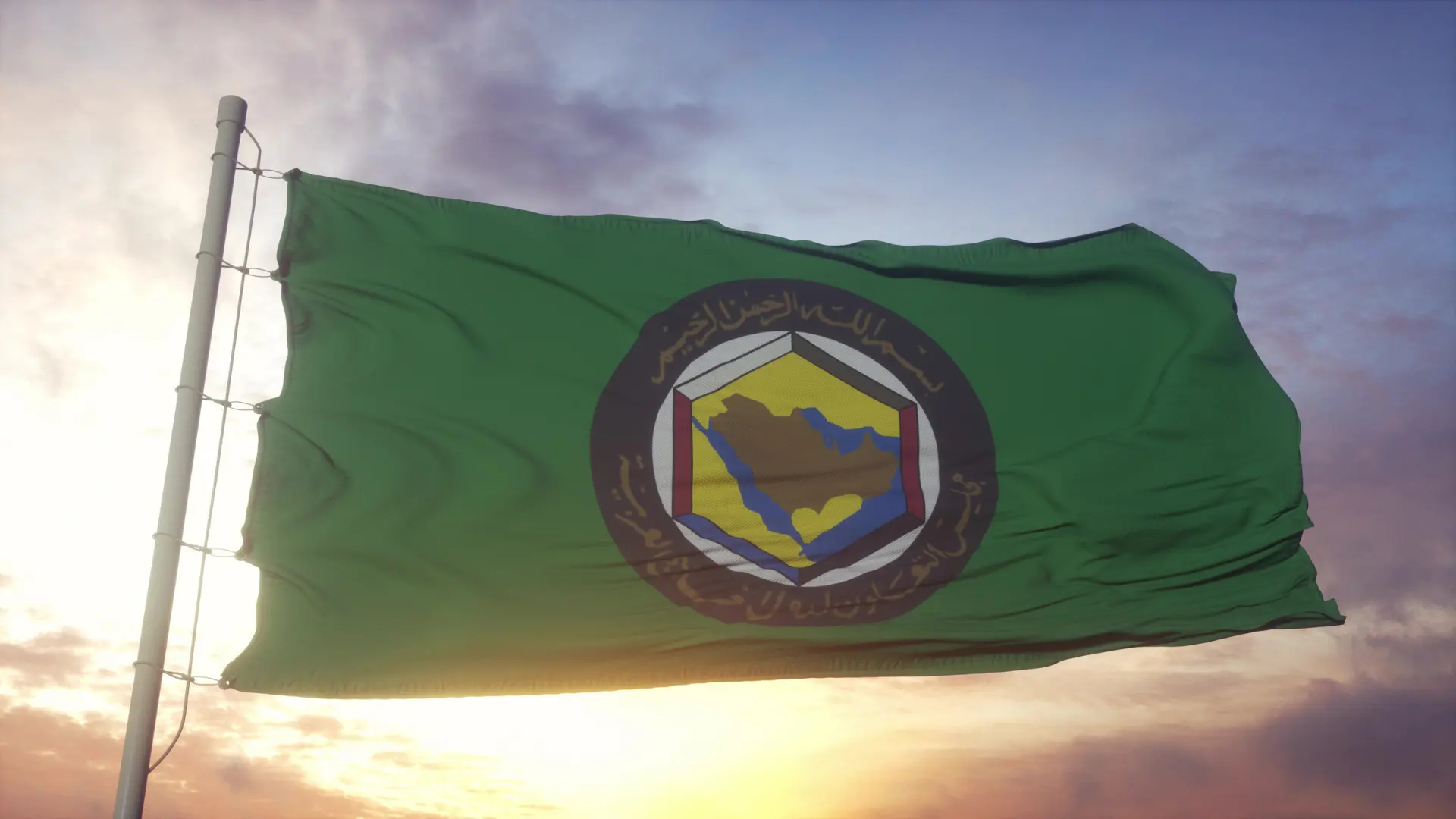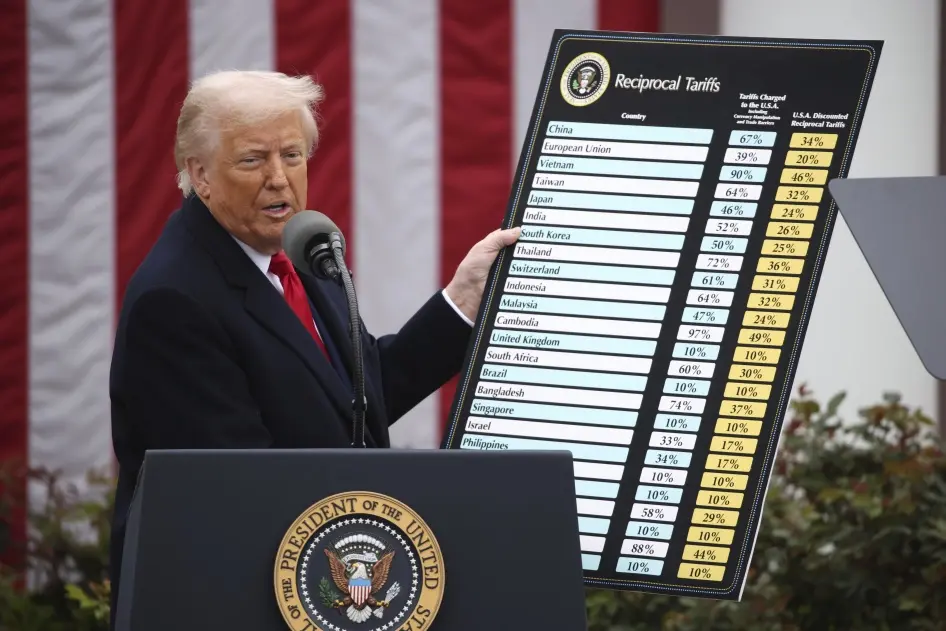
Trump's Economic Policies and Effects on the World, Especially China and Russia
President Donald Trump's economic policies in his second term (2025) are characterized by aggressive tariffs, sanctions, and a focus on "America First" priorities. Key moves include tariffs up to 500% on countries buying Russian oil (targeting India, China, and Brazil), seizing Venezuela's oil reserves (giving the U.S. nearly 30% of global oil reserves), and withdrawing from 66 international treaties, including the Paris Agreement.
Read More...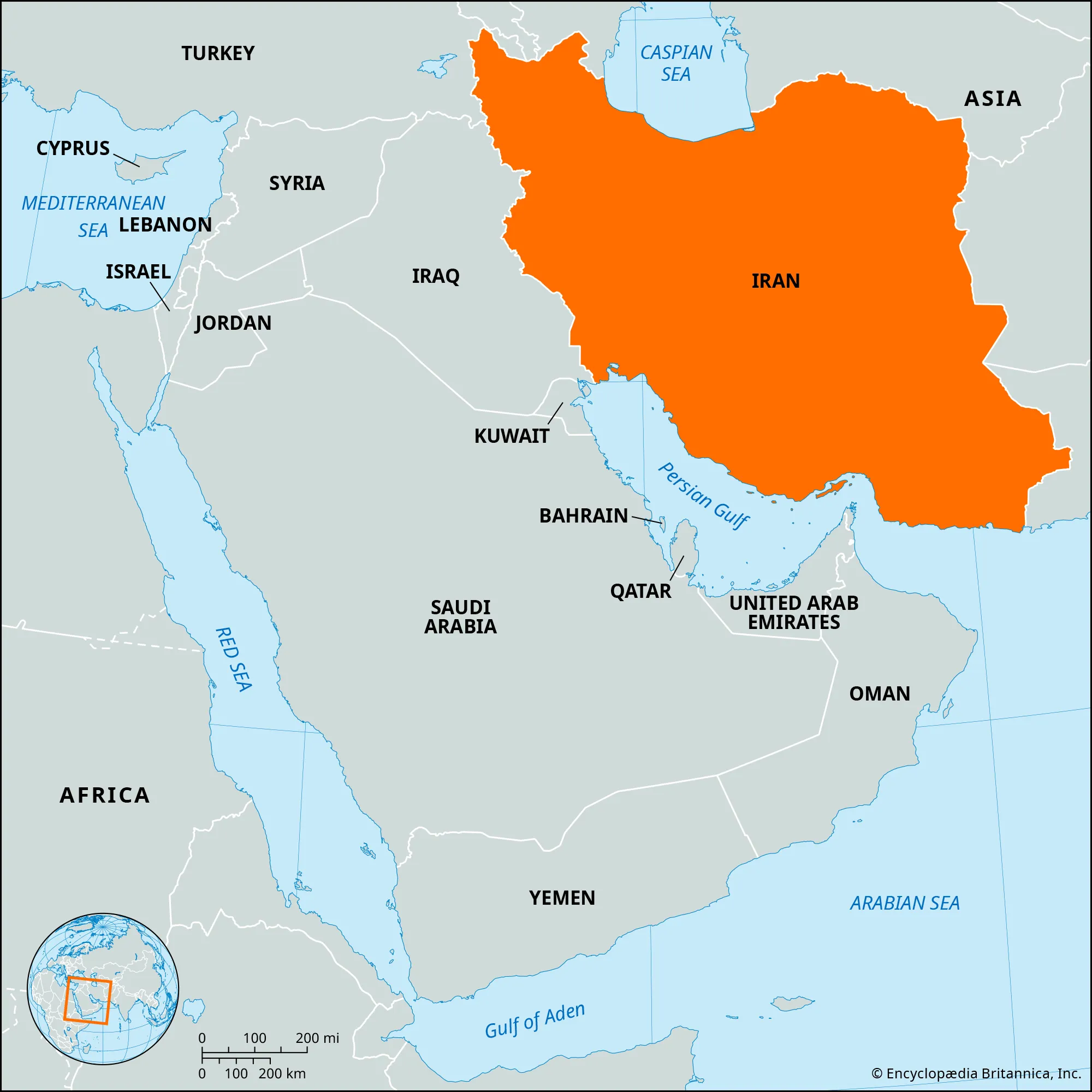
Iran's Current Situation and Effects on Gulf Countries
Iran's situation is highly volatile as of late 2025. Massive protests have erupted across the country, sparked by economic struggles, soaring prices, and political repression, with hundreds reportedly killed in the government's crackdown. The U.S., under President Trump, is weighing responses including military options, cyberattacks, or boosting sanctions. Trump has stated readiness to help Iranians gain freedom, while Iran's parliament speaker warned the U.S. against "miscalculations," ...
Read More...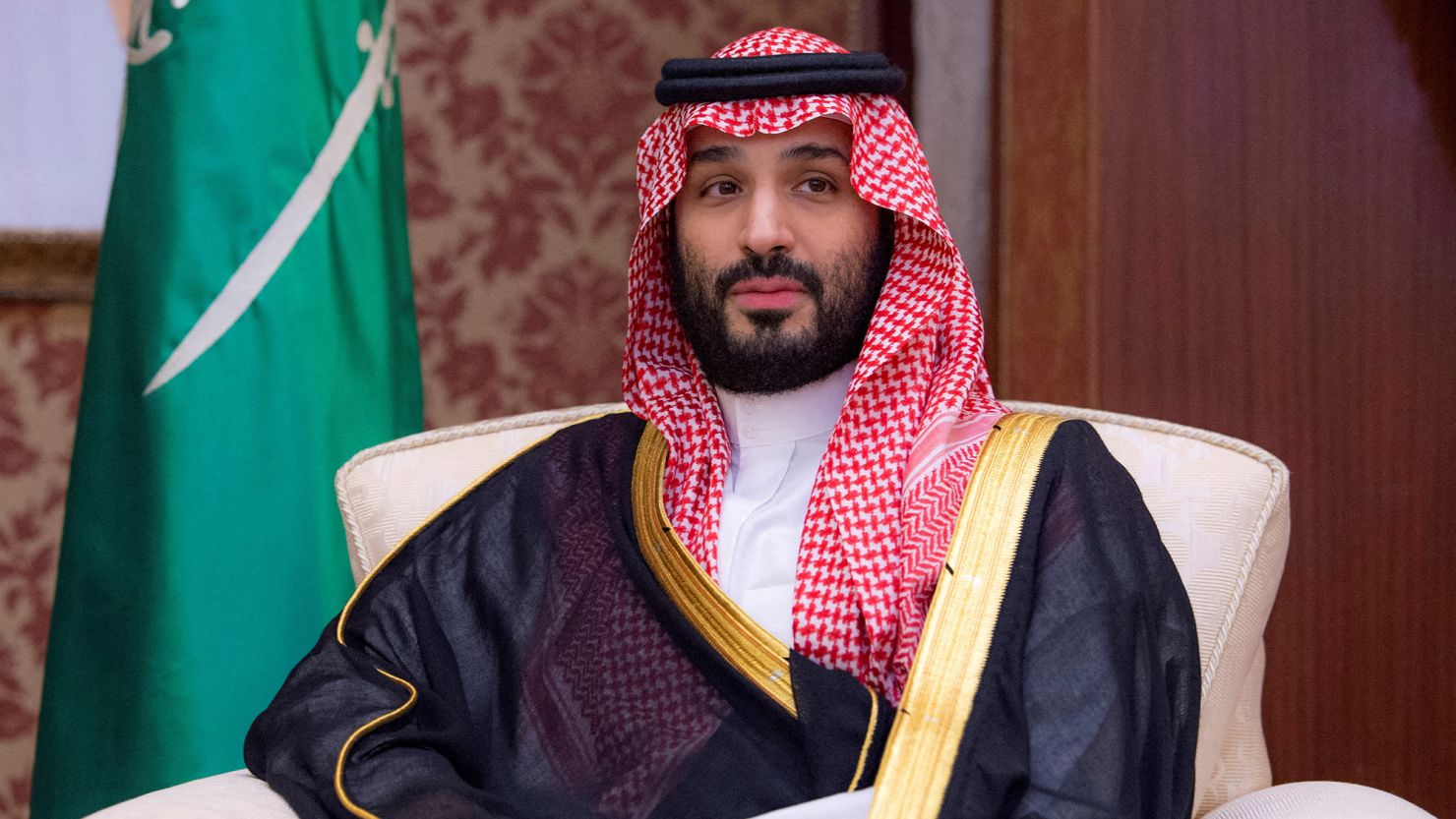
Mohammed bin Salman: Future Leader of the Muslim World
Mohammed bin Salman, also known as MBS, is a prominent leader in the Muslim world, serving as the Crown Prince and Prime Minister of Saudi Arabia. Born on August 31, 1985, he is the son of King Salman and the grandson of the nation's founder, Ibn Saud.
Read More...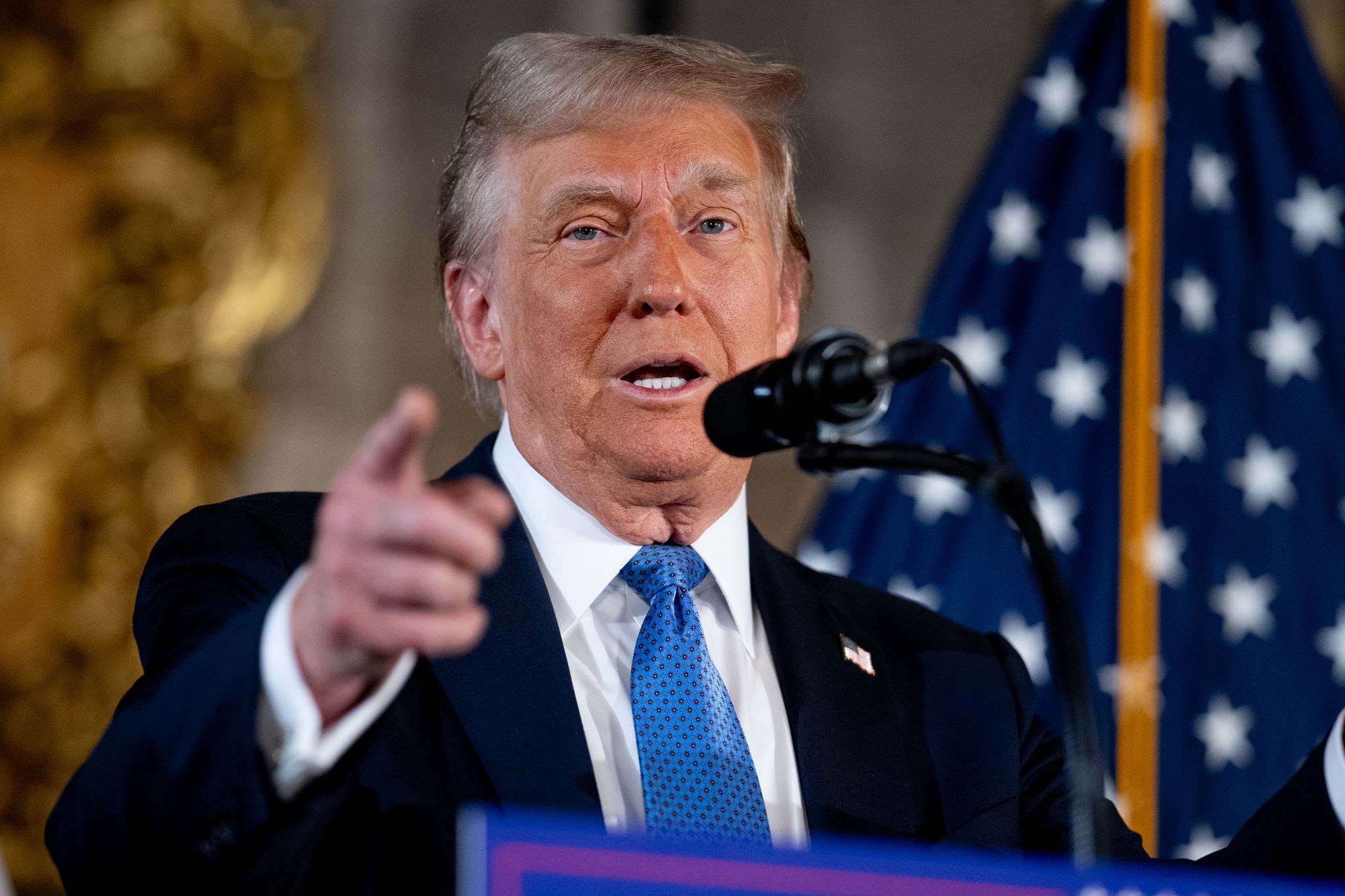
Trump's 20-Point Plan for Gaza
Donald Trump's 20-point plan for Gaza, unveiled on September 29, 2025, aims to end the Israel-Hamas war and includes key elements such as an immediate ceasefire, hostage and prisoner exchanges, demilitarization, and reconstruction under international oversight. The plan has received mixed reactions, with Hamas accepting parts but refusing to disarm, and Israel opposing Palestinian statehood. This webpage provides an overview of the plan, its transformations, and why China and Russia abstained from supporting the UN Security Council resolution endorsing it.
Read More...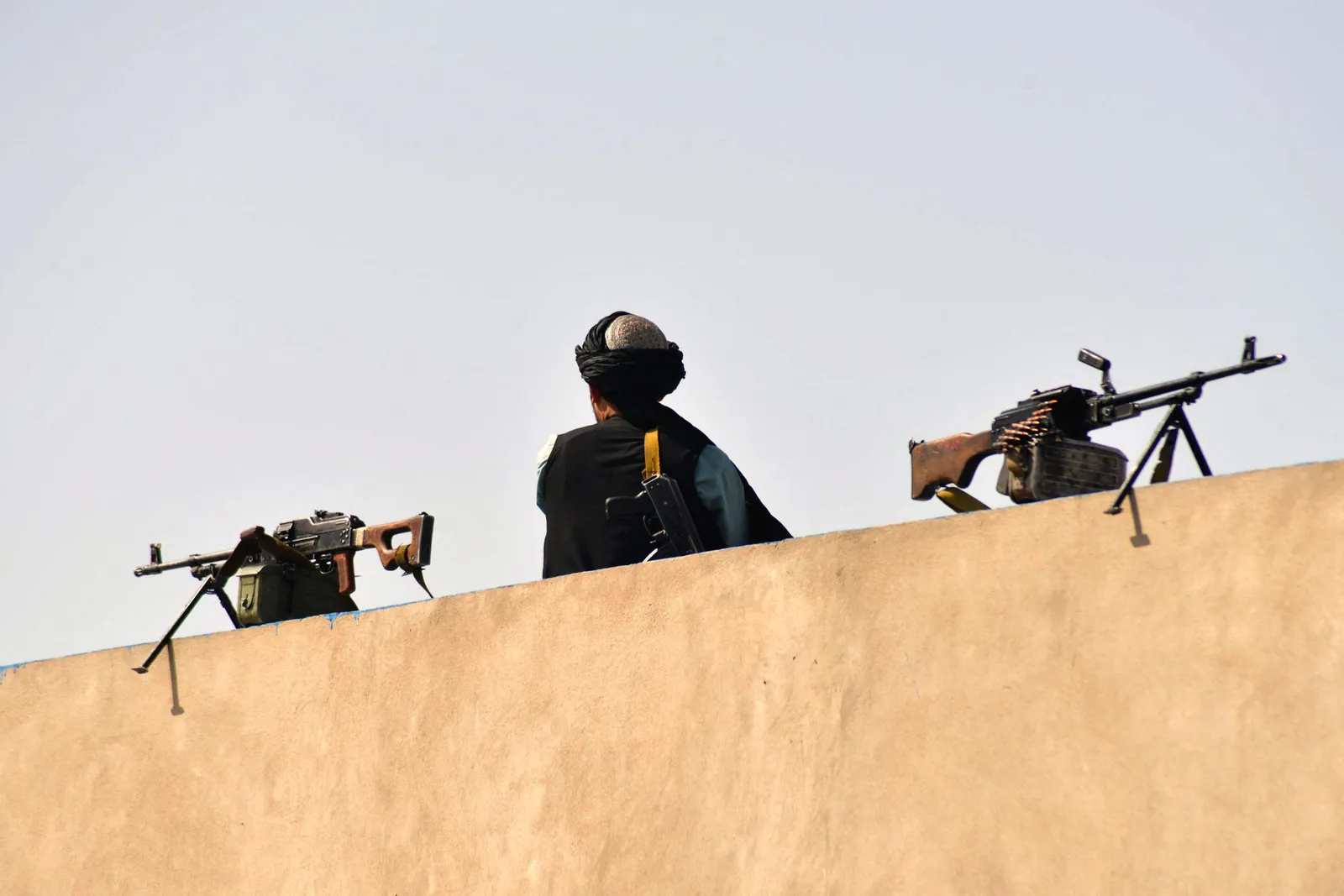
The Taliban and Their Role in Terrorism
The Taliban, an Islamist militant group originating in Afghanistan, has played a significant role in terrorism since its formation in 1994. While initially focused on imposing strict Sharia law domestically, the Taliban has provided safe havens for international terrorist organizations, supported cross-border militancy, and engaged in attacks that have caused widespread instability. As of October 2025, under their second regime (since 2021), the Taliban remains designated as a Foreign Terrorist Organization (FTO) by the United States, and their governance continues to enable terrorist activities despite public denials.
Read More...
Overview of the "Peace Pack for Palestine" Proposal : 20 Points
A short-term ceasefire appears plausible within weeks, potentially ending immediate agony and enabling reconstruction— a pragmatic win after decades of failed talks. However, lasting peace remains distant without tackling entrenched issues like settlements, statehood, and mutual recognition. The plan's success could catalyze regional stability via expanded Accords, but pitfalls like legitimacy gaps and hardliner opposition risk collapse, prolonging the "agony." As one analyst notes, peace is "not naive—
Read More...
Political Instability in Asia and the Gulf Region: Current Dynamics and Implications
Political instability in Asia and the Gulf remains a multifaceted threat, driven by sectarian conflicts, power rivalries, economic hardships, and external meddling. Hotspots like Yemen and Pakistan highlight the urgency of addressing these drivers to mitigate global risks, including terrorism and economic shocks.
Read More...
Overview of the "Peace Pack for Palestine" Proposal
This proposal's positives center on short-term relief—halting the war, aid influx, and hostage returns—which could save thousands of lives and provide breathing room for diplomacy. It's a rare framework addressing post-war governance, welcomed by moderates like the PA for its reform incentives and Arab buy-in. However, the negatives dominate: It's structurally imbalanced, prioritizing Israeli security over Palestinian rights, with no firm commitments to end occupation or statehood. Critics, including Palestinian analysts and X users...
Read More...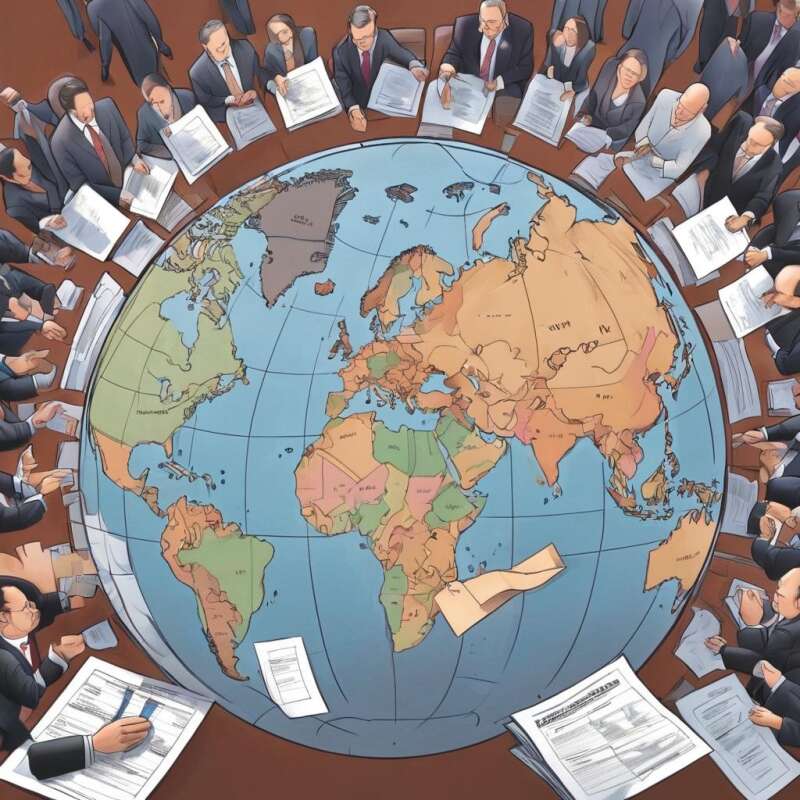
Global Political Developments
Global political developments in 2025 are defined by ongoing conflicts like Russia-Ukraine and Israel-Hamas, the rise of nationalism in China and India, economic instability from pandemics and wars, and vibrant social movements advocating for justice. These factors have fragmented the international order, challenging multilateralism while highlighting the resilience of activism. As new powers emerge and tensions escalate, the world faces a pivotal moment requiring cooperative solutions to address shared threats like climate change and inequality.
Read More...
Recognition and Governance of the State of Palestine
The State of Palestine’s recognition by 150 UN member states as of September 2025 reflects growing global support, but its governance under the PA is hampered by limited sovereignty, internal divisions, and external constraints. The absence of elections, territorial fragmentation, and financial dependence highlight a lack of a physical, independent state structure, with public support eroded by unelected leadership.
Read More...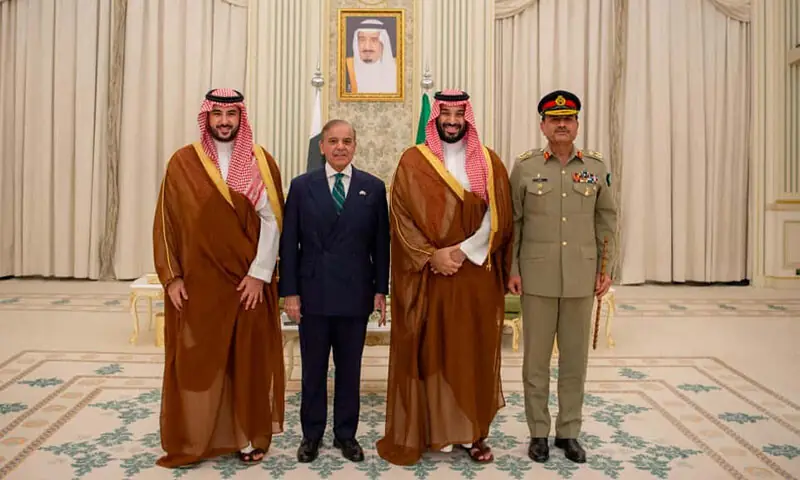
Saudi Arabia-Pakistan Defence Pact: Impacts on International Politics
The Saudi-Pakistan relationship has been underpinned by Saudi financial aid (billions in loans and investments) and Pakistan's role in training Saudi forces and providing strategic depth. For Pakistan, the pact secures economic lifelines during fiscal challenges and positions Islamabad as a pan-Islamic security guarantor. For Saudi Arabia, it bolsters defenses against Iran-backed...
Read More...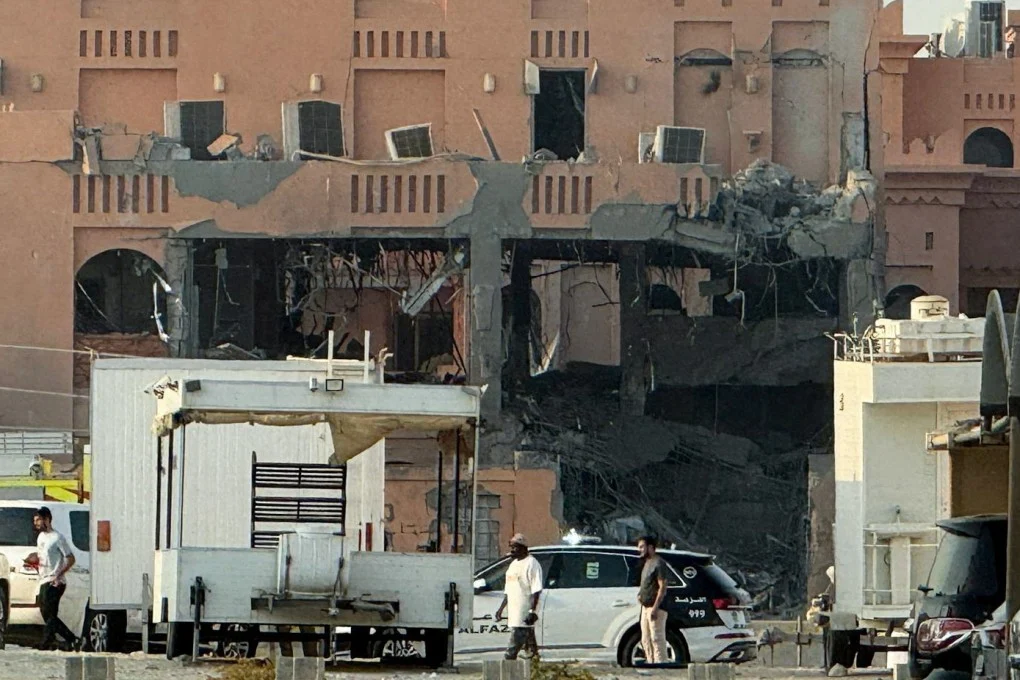
Israel's Strike on Hamas Leaders in Qatar
On September 9, 2025, Israel conducted a precision airstrike, codenamed "Fire Summit," targeting senior Hamas officials in Doha, Qatar, as they prepared to respond to a U.S.-backed ceasefire proposal. The operation, involving 15 fighter jets (including F-35 stealth aircraft) and drones firing 10 munitions at a residential compound, killed five to six people, including Khalil al-Hayya's son Humam, a Hamas aide, three bodyguards, and a Qatari Internal Security Force member, while wounding civilians. Hamas leaders, including al-Hayya, Khaled Meshaal, and Zaher Jabarin, survived, but the strike derailed talks for a 60-day truce
Read More...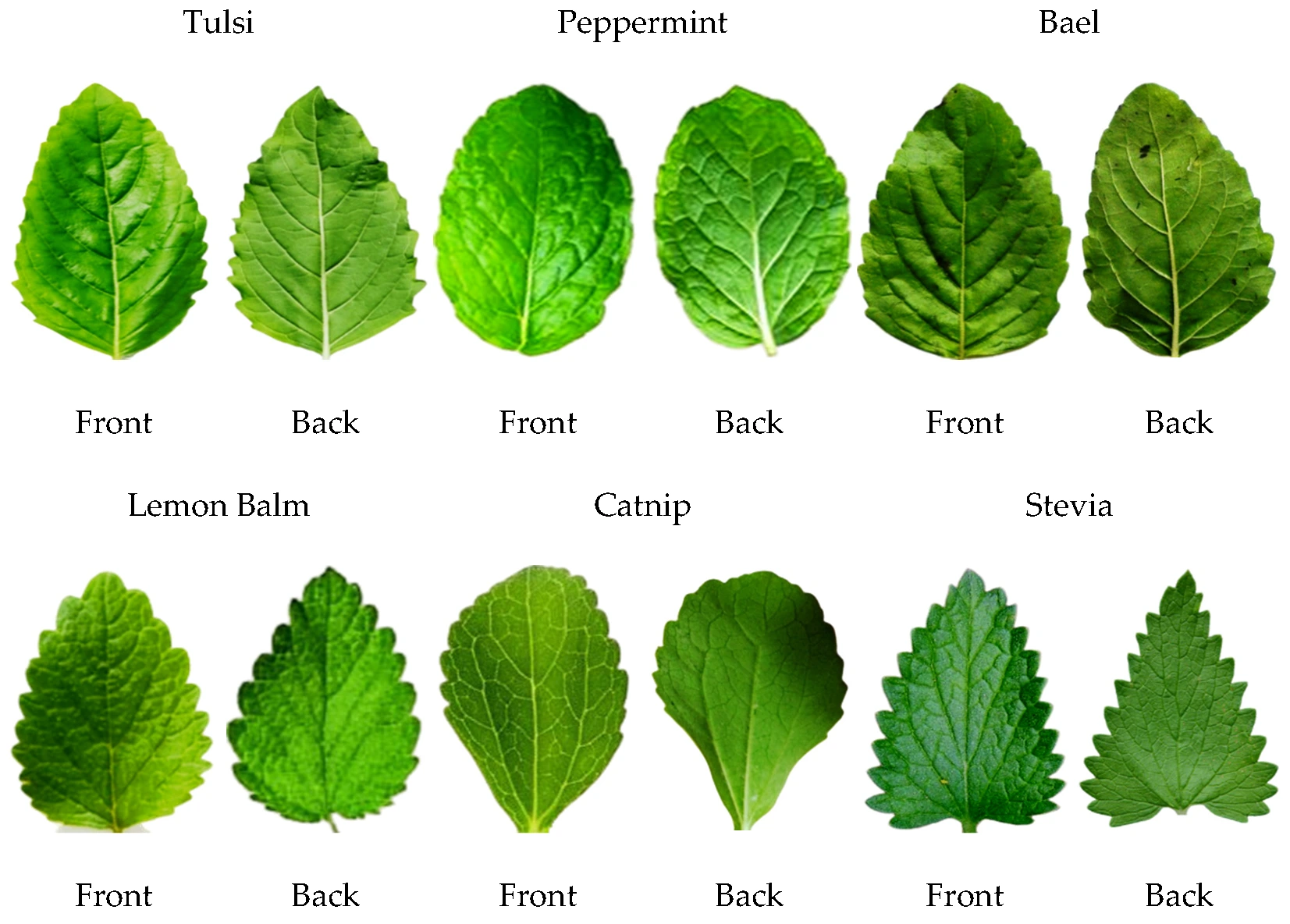
The Magic of Plant Leaves in Traditional Medicine (2025)
Plant leaves, rich in bioactive compounds like alkaloids, flavonoids, and essential oils, have been used for centuries in traditional medicine across cultures for their therapeutic benefits. Known for their "magic" in treating ailments from wounds to respiratory issues, these natural remedies often have fewer side effects than synthetic drugs when
Read More...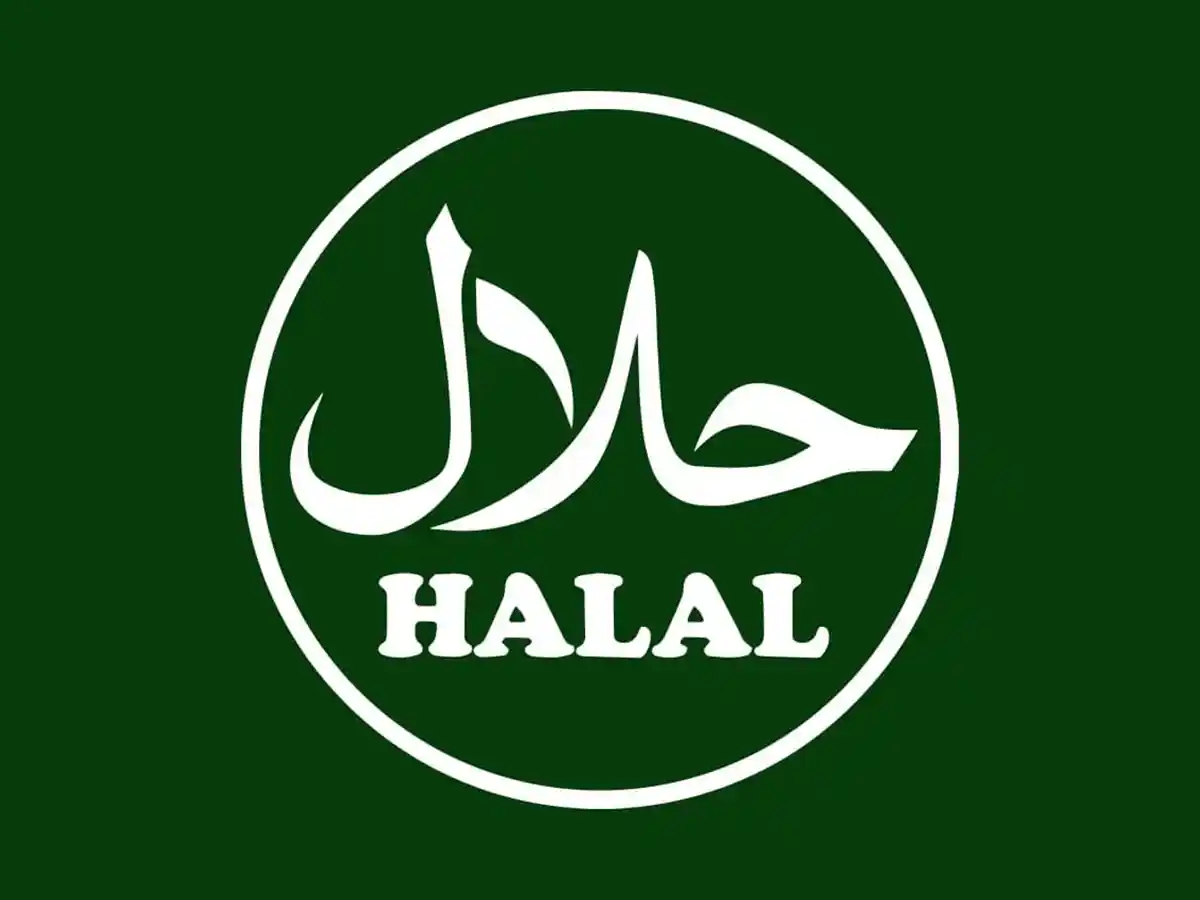
Halal Certification Industry: Challenges and Controversies (2025)
The halal certification industry ensures products comply with Islamic standards, serving a $2 trillion market for 1.8 billion Muslims. Covering food, cosmetics, pharmaceuticals, and even construction materials, it verifies the absence of haram (forbidden) ingredients and adherence to specific slaughter methods. However, accusations of it being a "scam" stem from food fraud,...
Read More...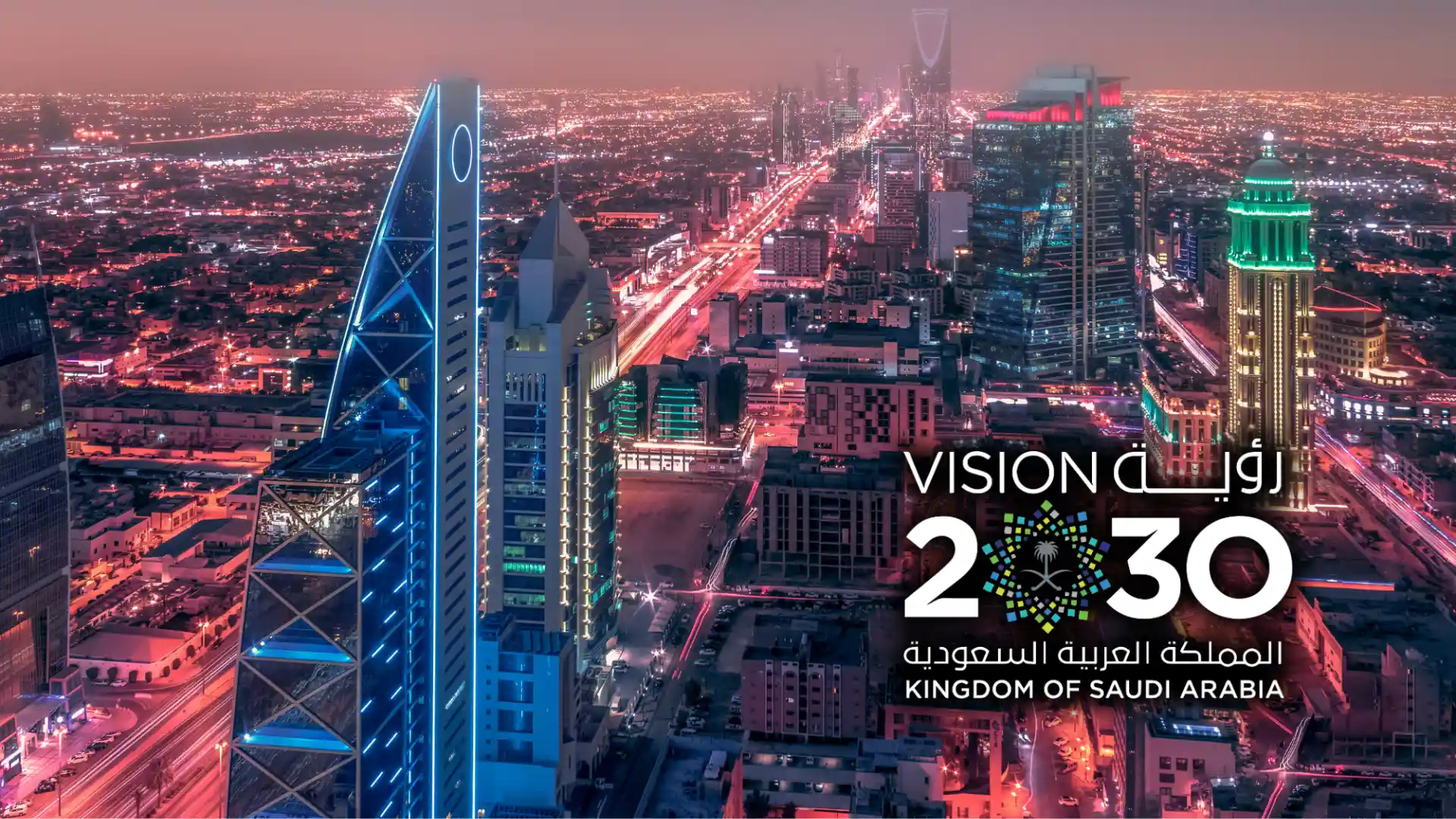
Saudi Vision 2030: Transformations in the Eastern Province (2025)
Saudi Arabia’s *Vision 2030*, launched on April 25, 2016, by Crown Prince Mohammed bin Salman, seeks to diversify the Kingdom’s oil-reliant economy, promote social reforms, and enhance governance. The Eastern Province, home to Saudi Aramco and major industrial hubs like Jubail and Dammam, is central to this transformation.
Read More...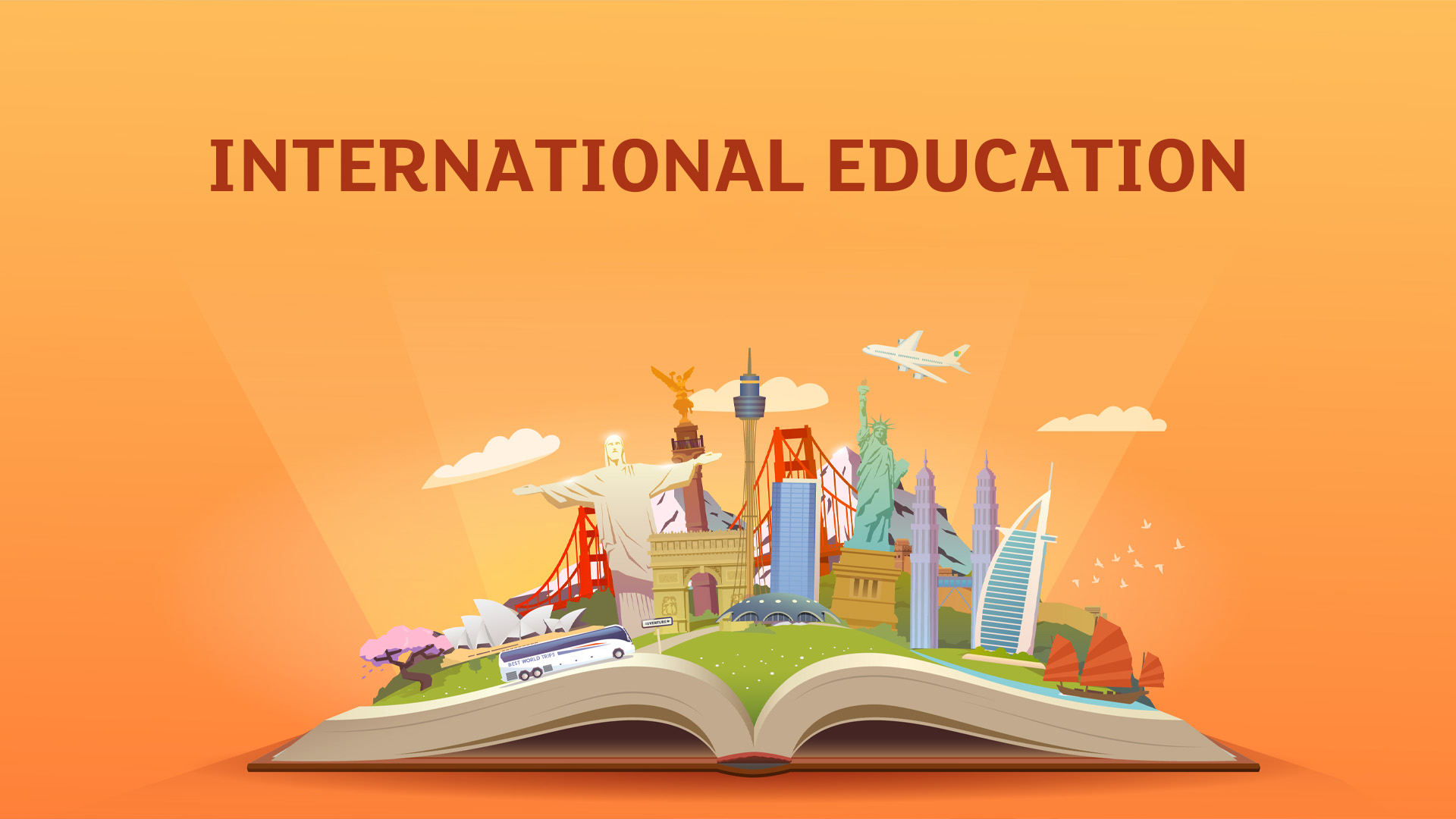
International Education Market Analysis (2025)
The international education market is poised for significant growth, projected to reach $10 trillion by 2030, with the international schools segment growing to $95.9 billion at a 7.5% CAGR. Asia leads with 58% of global schools, driven by China and India, while Europe and North America attract students with prestigious curricula. ..
Read More...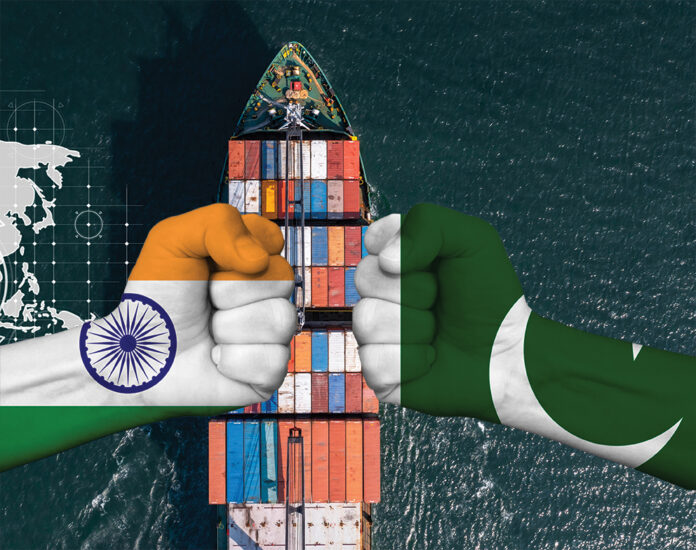
Economic Analysis: Pakistan vs. India (2025)
India’s economy in 2025 is significantly larger, more diversified, and faster-growing than Pakistan’s, driven by robust services, manufacturing, and FDI inflows. Pakistan struggles with structural issues, high inflation, and low reserves, limiting its growth to 2.649-2.8% compared to India’s 6.198-6.4%. While both nations face socio-economic challenges, India’s reforms and global integration give it a clear...
Read More...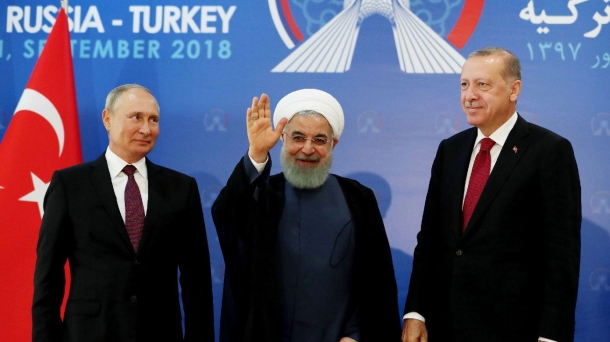
Iran's Role in International Politics
Iran's role in international politics blends ideological resistance, regional influence through proxies, and strategic alignment with non-Western powers like Russia and China. Its nuclear program and human rights record fuel global tensions, while economic challenges and domestic unrest limit flexibility. Recent events, like the 2025 Iran-Israel conflict and BRICS engagement, underscore Iran's resilience and...
Read More...
Political Families of the World
Political families like the Kennedys, Bhutto-Zardaris, Nehru-Gandhis, and House of Saud have left indelible marks on their countries’ politics, leveraging historical legacies and resources to maintain influence. While they provide stability and continuity, they often face criticism for perpetuating inequality and limiting political diversity...
Read More...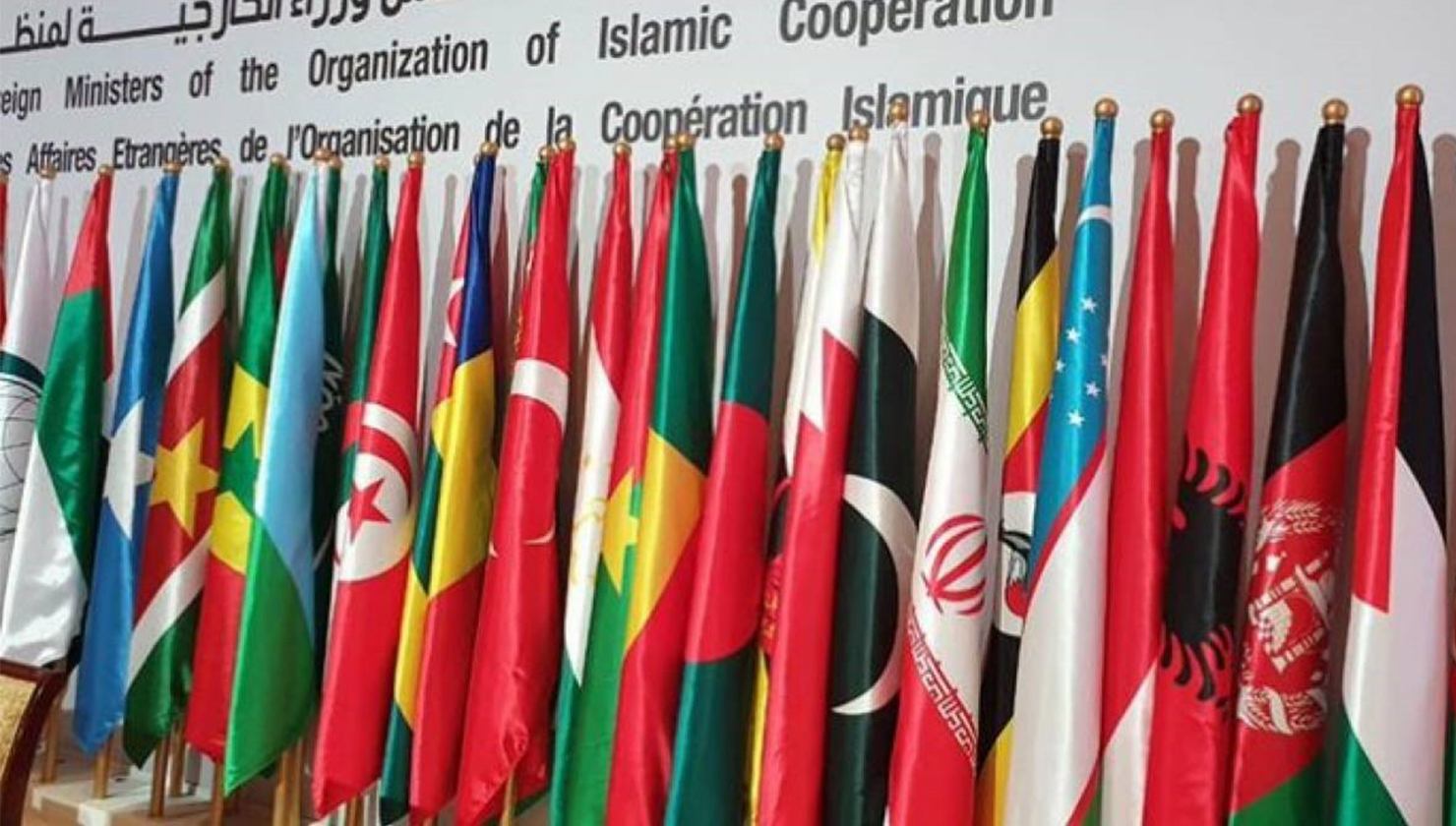
Organization of Islamic Cooperation: Role for Islamic Countries
The OIC plays a vital role in promoting the welfare of Islamic countries through economic development, humanitarian aid, education, cultural preservation, and human rights advocacy. Institutions like the IDB, SESRIC, and ISESCO, alongside initiatives like the Astana Declaration, reflect its commitment to over 2 billion people. However, challenges...
Read More...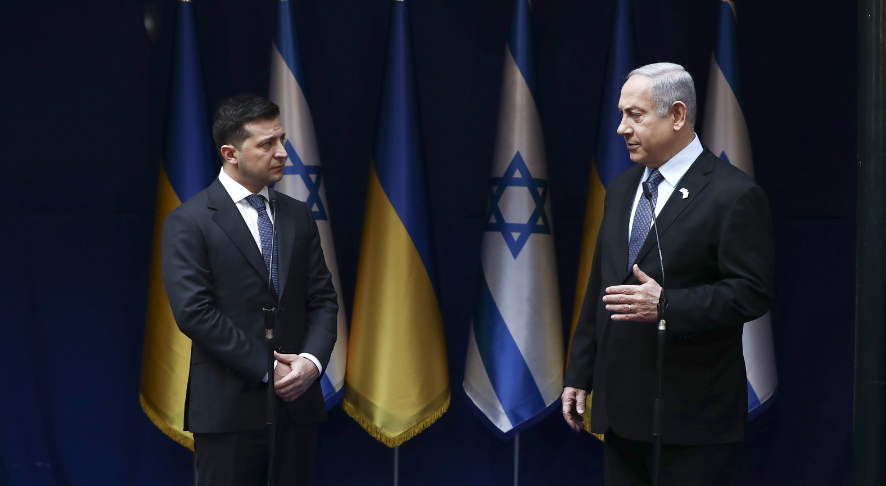
Why Ukraine more important than Gaza
Comparing the importance of Ukraine and Gaza oversimplifies two profound crises. Ukraine’s conflict has broader global implications—security, food, and energy—making it a strategic priority for the West. Gaza’s acute humanitarian crisis and symbolic weight in the Global South demand equal moral urgency. Both require tailored responses, and prioritizing one risks neglecting the other’s unique challenges. Ukraine’s ....
Read More...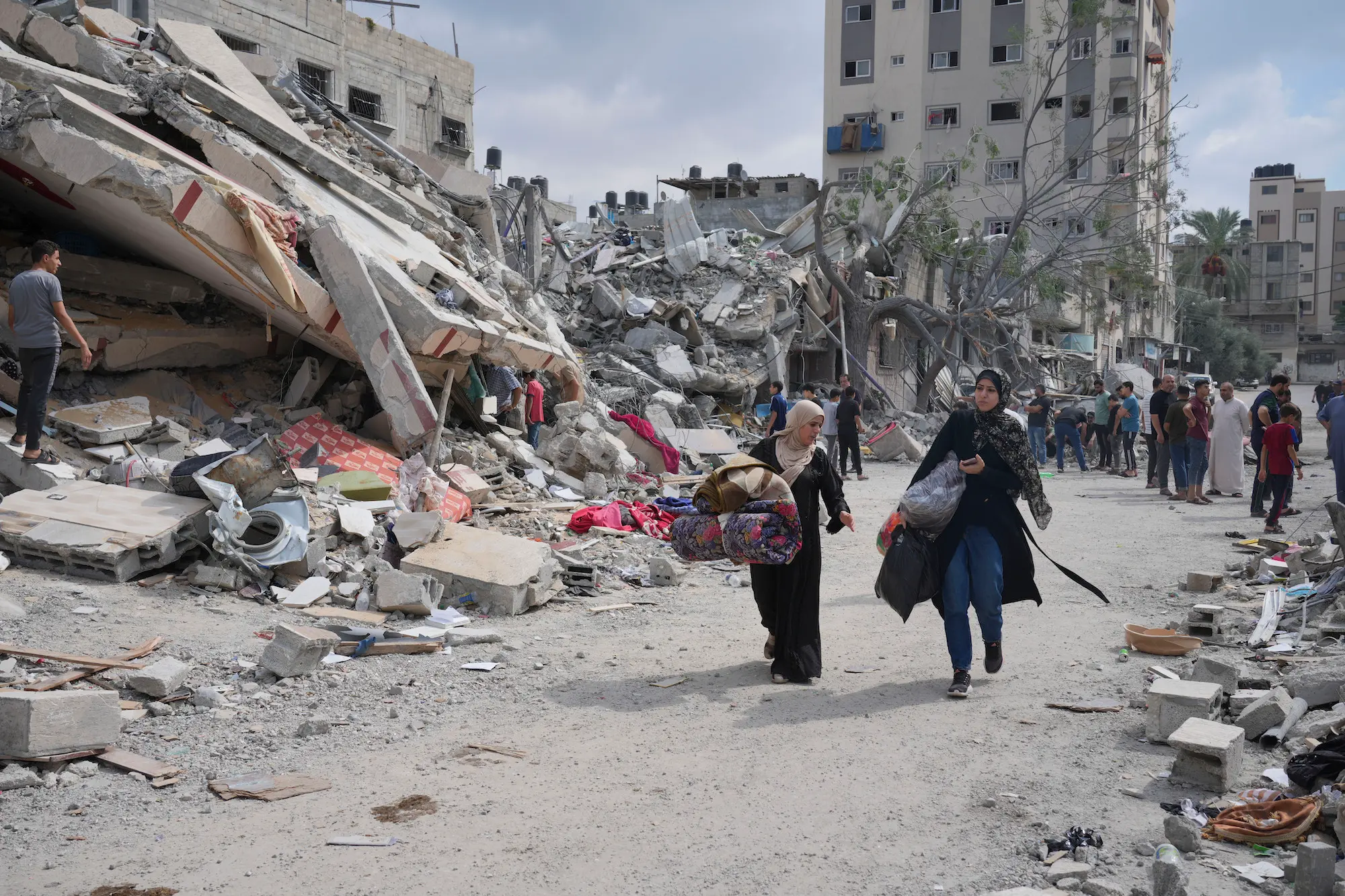
The Situation in Gaza
The situation in Gaza is a complex and deeply polarizing crisis, marked by allegations of genocide, a staggering death toll, and a severe humanitarian crisis. The ICJ’s provisional measures and South Africa’s case highlight global concern, while human rights organizations and some scholars argue that Israel’s actions meet the genocide threshold...
Read More...
Donald Trump's Plan for Arabian Countries
The concept of Greater Israel has sparked controversy and tensions, both domestically and internationally. Critics argue that it promotes expansionism and undermines Palestinian rights, while proponents see it as a means of fulfilling biblical prophecy or ensuring national security
Read More...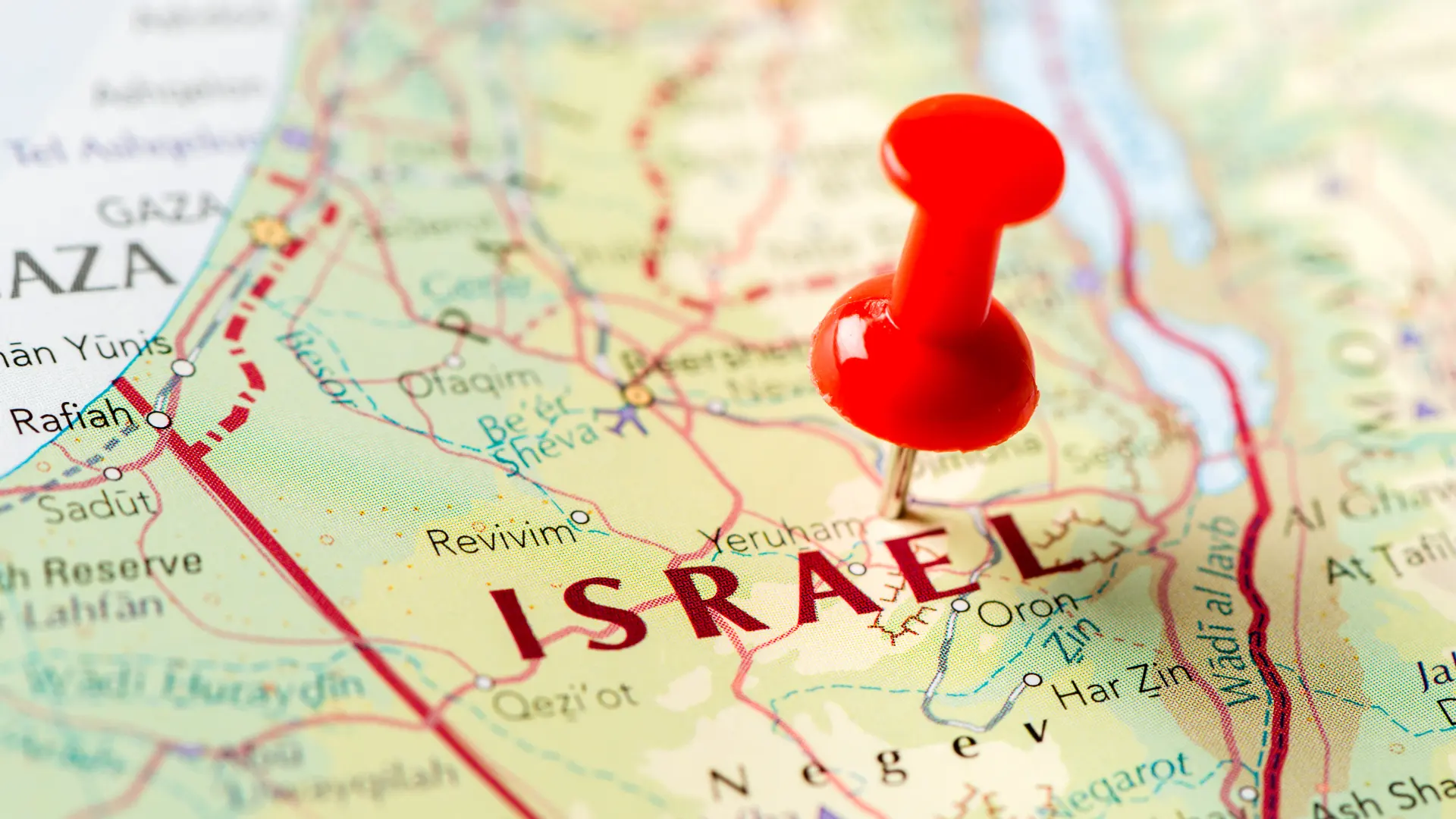
Greater Israel Plan
The concept of Greater Israel has sparked controversy and tensions, both domestically and internationally. Critics argue that it promotes expansionism and undermines Palestinian rights, while proponents see it as a means of fulfilling biblical prophecy or ensuring national security
Read More...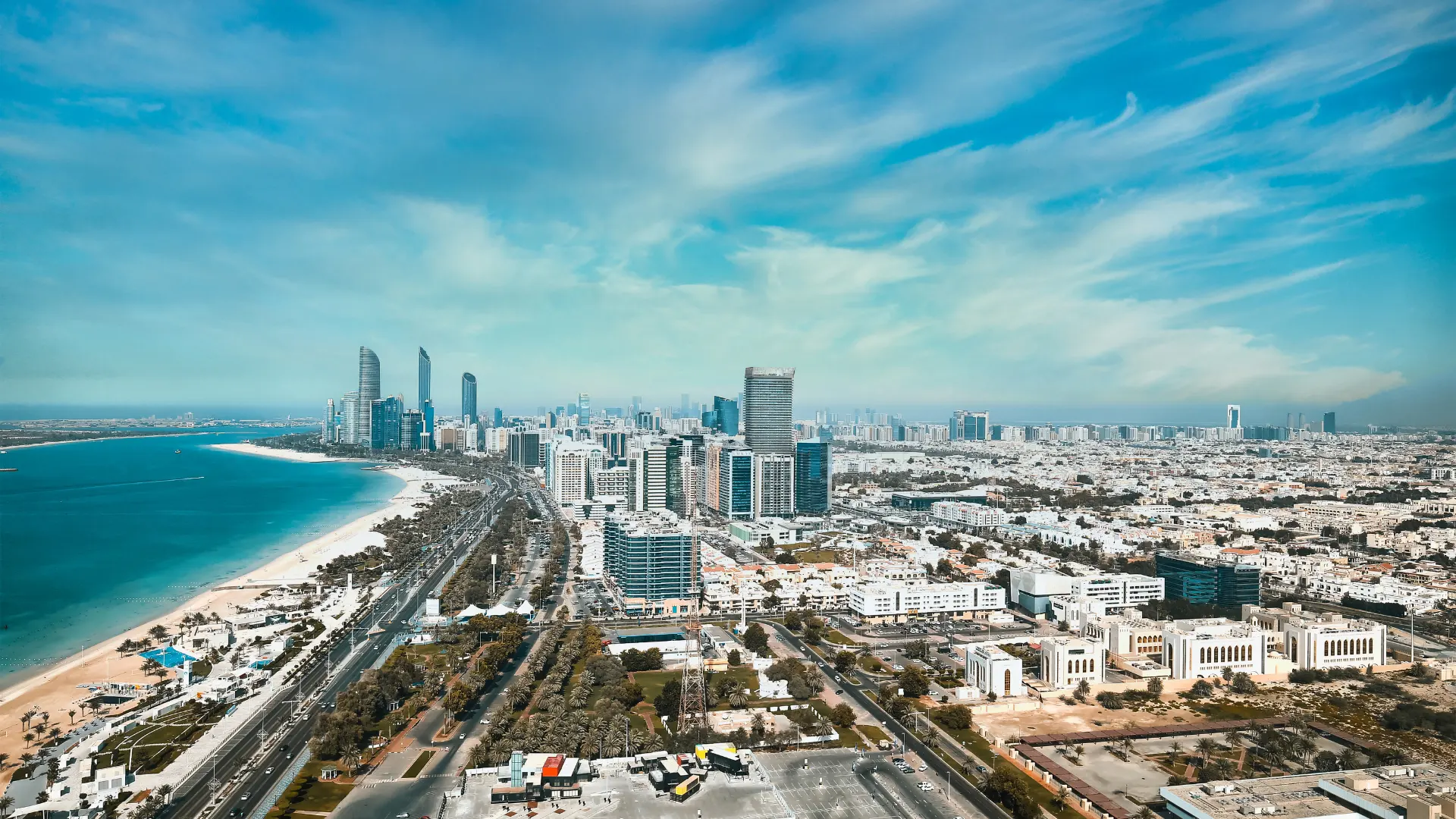
Current Political Situation in Gulf Countries
Tensions across the Middle East are rising amid renewed violence in Gaza, with Iran and Hezbollah backing Palestine and threatening retaliation against Israel. Gulf states, led by Saudi Arabia and the UAE, are pushing diplomatic efforts to avoid a wider conflict, while economic pressures mount in countries like Egypt. Iran faces mounting external pressure from Israel and the U.S., the UAE balances ties with both sides, and Yemen risks ...
Read More...